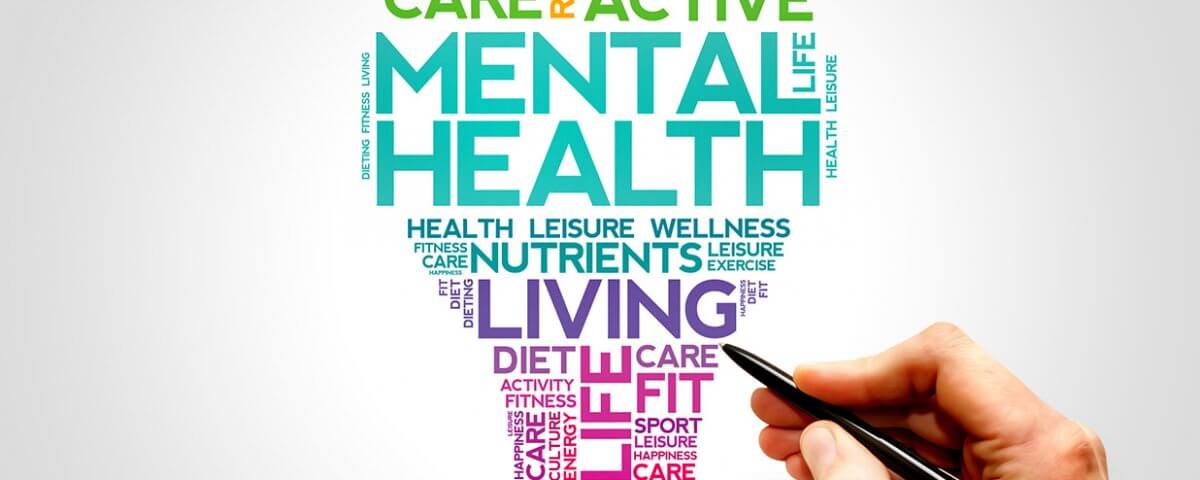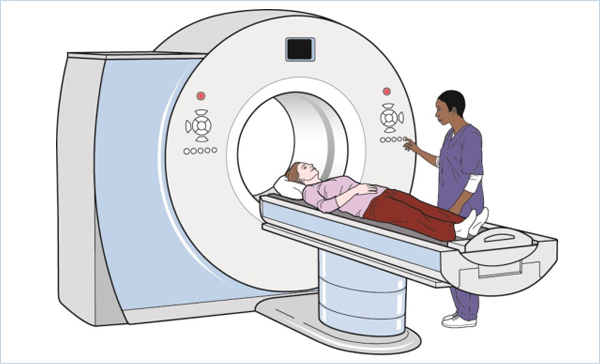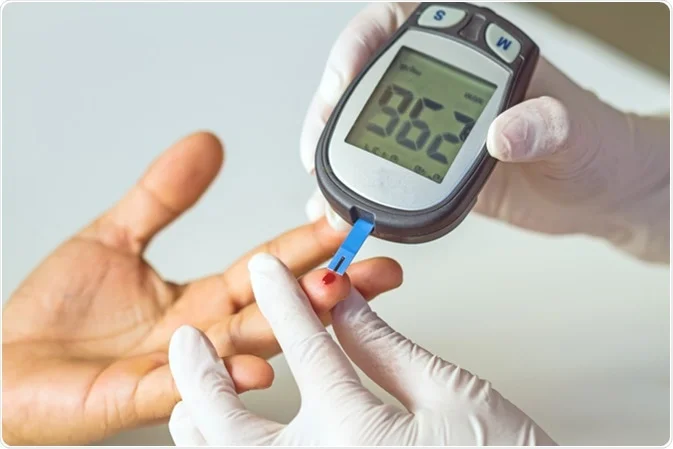
Importance of Mental Health
Social security, emotional stability, and psychological well-being are all impacted by our mental health. It affects our attitudes, emotions, and behaviour. It assists us in reaching a decision regarding how we handle stress, interact with others, and make decisions. From childhood and adolescence through middle age, mental health is vital at every age.
According to the World Health Organization (WHO), mental health is a state of wellbeing characterised by self-awareness, the capacity to manage pressures of daily life, the capacity to work productively, and the capacity to give back to one's community.
If a person has mental health issues, their beliefs, attitudes, and behaviours may alter over the course of their lifetime. There are a number of factors that affect mental health issues, including
Biological elements, such as genetics or the chemistry of the brain.
Conditions in life, such trauma or abuse.
The family has a history of having mental health problems.
Common problems with mental health:
Worry disorders
Mood issues
Schizophrenia
The form of mental illness that is most widely recognised is anxiety disorders.
An essential characteristic of these diseases is intense fear or anxiety related to particular objects or circumstances. Most persons who suffer from anxiety disorders will try to stay away from anything or anyone that gives them the creeps.
Anxiety disorder symptoms include
Disorder of Generalized Anxiety (GAD)
The APA defines GAD as sporadic worry that interferes with day-to-day functioning. a number of physical indications and symptoms, such as:
Anxiety-related exhaustion
Tight muscles interfere with sleep
In patients with GAD, a particular trigger is not necessarily required for an episode of anxiety symptoms. When presented with routine tasks or circumstances that do not directly present a risk, they may become very uneasy. A person with GAD may, on rare instances, experience anxiety without any obvious cause.
Anxiety disorders
People with panic disorder frequently experience panic episodes, which can include sudden, overpowering terror or a sense of impending doom.
Phobias
Phobias come in a variety of forms:
Simple phobias: These include irrational fears of particular things, situations, or animals. A typical example is a fear of spiders.
Social phobia, sometimes called social anxiety, is the fear of being scrutinised by others. People who are socially apprehensive tend to restrict their interactions to social settings.
Agoraphobia is the name for the fear of places or circumstances from which it may be difficult to escape, like an elevator or a speeding train. Many people mistakenly think that this phobia is a dread of the outside world.
Due to the idiosyncratic nature of phobias, doctors do not fully understand all of them. There are many different types of phobias, and what could seem uncommon to one person may be a serious ailment that limits their ability to carry out daily activities for someone else.
OCDs
OCD stands for obsessive-compulsive disorder.
Obsessions and compulsions are two signs of OCD. In other words, they constantly worry and have a great impulse to carry out boring tasks like washing their hands.
Post Traumatic Stress Disorder (PTSD)
After experiencing or witnessing a very traumatic or stressful event, PTSD may develop. These kinds of incidents occur when the person believes that their lives or the lives of others are under danger. Because of what is occurring, individuals could experience fear or powerlessness. These shock and fear sensations may ultimately exacerbate PTSD.
Mood disorders
Affective or depressed disorders are other names for mood disorders that people may use. People with these diseases frequently experience intense mood swings, which are typically either mania, which is a condition of extreme euphoria and vigour, or despair.
Mood disorders include, for example
Serious depression: People who have major depression are continually down and stop enjoying their previous pastimes. They might have protracted periods of intense melancholy.
Bipolar disorder patients experience odd mood swings, energy swings, activity swings, and changes in their capacity to do daily tasks. Manic phases are periods of extreme happiness, and sad phases are times of depression.
SAD stands for seasonal affective disorder. One cause of this form of severe depression is the shorter daylight hours in the fall, winter, and early spring. It is more common to encounter countries that are far from the equator.
Schizophrenia
Schizophrenia is still classified by mental health professionals as either a single disorder or a collection of related diseases. It is a very difficult condition. According to the NIMH, symptoms of schizophrenia often appear between the ages of 16 and 30. The person will seem to have disorganised ideas and may have trouble processing information. Both signs and treatments are available for schizophrenia. Hallucinations, delusions, and cognitive problems are considered positive symptoms. Withdrawal, a lack of motivation, and an unhappy or unsuitable mood are examples of negative symptoms.
Treatment for Mental Health Issues
There are numerous methods for addressing mental health issues. Because each patient has unique medical requirements, what works for one patient might not work for another. Some techniques or treatments work more effectively in a group setting than they do on their own. Throughout their life, a person with a persistent mental illness may make a variety of choices. The patient must carefully collaborate with a doctor who can assist them in identifying their needs and delivering the best care. Treatments could consist of:
One type of talking therapy is psychotherapy
This kind of care treats mental disease using a psychosocial approach. Examples include cognitive behavioural therapy, exposure treatment, and dialectical behaviour therapy. This type of care is provided by psychiatrists, psychologists, psychotherapists, and some general practitioners. Understanding the underlying causes of their mental illness can help patients begin to develop more optimistic thought patterns that improve day-to-day functioning, lower their risk of social isolation, and prevent self-harm.
Medication
Some people regularly use prescription medications including anxiolytics, antipsychotics, and antidepressants. Some drugs can reduce symptoms, support routine and social contact, and help a person work on their mental health even when they are unable to treat mental problems. Some of these medications function by improving the body's absorption of feel-good brain chemicals like serotonin. Other medications either increase the total concentration of these chemicals or prevent them from being broken down or removed.
Self-help
Typically, a person with mental health issues needs to change their way of life in order to achieve wellbeing. These adjustments may include cutting back on alcohol consumption, getting more sleep, and following a prudent, balanced diet. People may need to take time out of work or deal with personal difficulties that are endangering their mental health. Deep breathing, meditation, and mindfulness are a few examples of relaxation practises that can be beneficial for those with conditions like anxiety or depressive disorders. Having a support system may be very helpful in aiding someone in their recovery from mental illness, whether it be through self-help groups or close friends and family.
The significance of mental health
450 million people around the world are affected by mental illness.
According to the WHO, depression has the second-highest disease burden globally.
The cost of mental illness will significantly outstrip developed and wealthy nations' capacity to offer quality healthcare.
Due to the rising societal and financial implications of mental disease, attention has been focused on methods to improve mental health as well as identify, treat, and prevent mental illness.
As a result, it is understood that mental health and behaviour are intertwined and that both physical health and life quality depend on it.
Other Posts

5 Flu-Fighting Foods for Boosting Immunity

Instructions for CT Patients

Importance of HbA1c Testing for Diabetes

MONKEY POX - What you need to know ?




